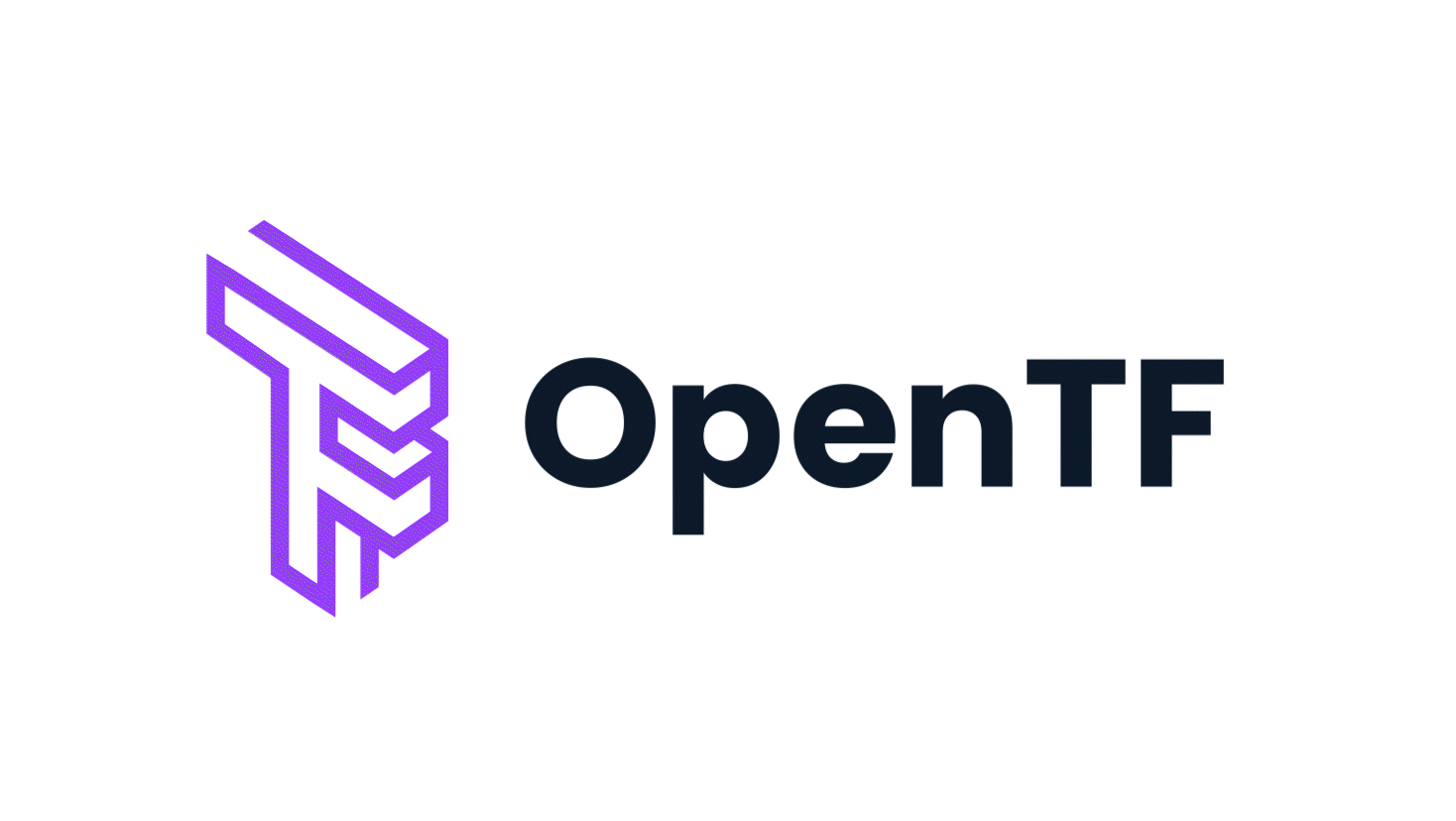Contents
- OpenTofu – An Open Source Alternative to Terraform
- OpenTofu vs Terraform – Features, Performance, and Case Studies
- Terraform: A Leading Infrastructure Management Tool
- Feature Comparison: OpenTofu vs Terraform
- Performance Evaluation: OpenTofu vs Terraform
- Real-World Case Studies
- Supporting Quotes
- Pros and Cons of OpenTofu and Terraform
- Recommendations for Choosing the Right Tool
- Future Outlook and Roadmap
- FAQs
OpenTofu – An Open Source Alternative to Terraform
In the ever-evolving world of DevOps and Infrastructure as Code (IaC), HashiCorp’s Terraform has been a cornerstone. However, recent changes in its licensing have led to the emergence of OpenTofu, a compelling open-source alternative. This article delves into what OpenTofu is, its origins, and how it compares to Terraform.
What is OpenTofu?

OpenTofu is an open-source version of Terraform, forked from its 1.5.6 version. It aims to be a viable alternative to HashiCorp’s Terraform, expanding on its existing concepts and offerings. It is a community-driven response to the recent shift in Terraform’s licensing. It aims to preserve the open-source nature of IaC tools.
Why OpenTofu?
The inception of OpenTofu was triggered by Terraform’s recent license change from the Mozilla Public License v2.0. OpenTofu serves as an open and community-driven response to this change, ensuring that the essence of open-source in infrastructure management tools is preserved.
Features and Offerings
While OpenTofu is still in its nascent stages, it promises to bring new features and improvements over Terraform. It is managed by a community-driven approach, ensuring that it remains truly open-source.
OpenTofu offers feature parity with Terraform but adds some unique functionalities. It supports a wide range of cloud providers and has a robust plugin architecture.
Licensing and Open-Source Nature
OpenTofu operates under a Mozilla Public License, making it a truly open-source project. It is also part of the Linux Foundation, which ensures a neutral governance model.
Community and Support
OpenTofu has garnered attention from various organizations, including the Linux Foundation. It aims to build a robust community around it to drive its development and adoption.
OpenTofu vs Terraform – Features, Performance, and Case Studies

In the rapidly evolving landscape of Infrastructure as Code (IaC), two names stand out: OpenTofu and Terraform. Dive into the world of infrastructure management tools with an in-depth analysis of OpenTofu and Terraform. Compare their features, performance, and real-world case studies to make an informed decision.
Terraform: A Leading Infrastructure Management Tool
Introduction to Terraform
Terraform, by HashiCorp, has been an industry leader in the IaC space. It provides a declarative language for defining cloud resource configurations.
Key Features and Benefits
Terraform offers a wide array of features, including state management, modularity, and a large ecosystem of providers and modules.
Transition from Open Source to BSL 1.1
Terraform recently transitioned its license from an open-source software license to a Business Source License (BSL) 1.1, causing a stir in the tech community.
Feature Comparison: OpenTofu vs Terraform
Detailed Analysis of Features
Both tools offer state management, modularity, and support for multiple cloud providers. However, OpenTofu aims to improve upon these with community-driven enhancements.
Similarities and Differences
While both tools aim to simplify infrastructure management, OpenTofu focuses more on community contributions and open-source principles.
Performance Evaluation: OpenTofu vs Terraform
Performance Benchmarks
OpenTofu is still in its early stages but shows promise in terms of scalability and performance, matching closely with Terraform in benchmark tests.
Scalability and Efficiency
Both tools are designed to scale with your infrastructure needs, but OpenTofu aims to offer better efficiency through community-driven optimizations.
Real-World Case Studies
OpenTofu in Action
Several organizations have successfully implemented OpenTofu for their infrastructure needs. These case studies highlight its flexibility and performance.
Terraform in the Field
Terraform has been widely adopted across various industries. Its robust features and performance make it a go-to choice for many organizations.
Supporting Quotes
“The inauguration of OpenTofu under the Linux Foundation marks a rapid and significant milestone in our collective journey with this new initiative. It epitomizes the community’s unified dedication to unbiased governance, collaborative efforts, and valuable contributions to this pivotal project. We at Redblink are honored to contribute to this meaningful endeavor and stand with the open-source community.”
— Paul Dhaliwal, CEO and Founder, Redblink
“The OpenTofu project is solely guided by the aspirations and requirements of the community, devoid of any individual corporate influence.”
— Marcin Wyszynski, Core OpenTofu Contributor, CPO at Spacelift
“With OpenTofu, we aim to lay a solid groundwork for Terraform’s open-source future. The overwhelming community response has been inspiring. Our roadmap is straightforward—listen, absorb, prioritize, act, and iterate.”
— Omry Hay, Core OpenTofu Contributor, CTO at env0
“OpenTofu aims to be what Terraform could have been—a platform that puts the community at the forefront and remains unbiased.”
— Sebastian Stadil, Core OpenTofu Contributor, Founder of Scalr
“In the ever-changing tech environment, open source is not just an alternative but a catalyst for innovation and agility. Open source’s unique traits—innovation, adaptability, transparency, and teamwork—are often elusive in closed systems. Adopting OpenTofu for our Infrastructure as Code needs aligns with our commitment to these principles. While it’s early days, OpenTofu’s community-centric approach resonates with our long-term goals and integrates seamlessly with our tech stack. If you’re contemplating changes to your enterprise infrastructure, OpenTofu deserves your consideration.”
— Mike Sutton, Allianz CIO
“Open source empowers people and organizations with the means to safeguard their digital existence through openness and collective effort. OpenTofu is a monumental stride in this direction. We are confident that OpenTofu will continue to stimulate innovation and a competitive landscape, ultimately serving the end-users’ best interests.”
— Carlos Clemente, Principal Engineer, ExpressVPN
Pros and Cons of OpenTofu and Terraform
Advantages and Disadvantages
OpenTofu offers the benefit of being a truly open-source tool, while Terraform provides a more mature ecosystem. Each has its own set of challenges and limitations.
Considerations for Choice
Your choice between OpenTofu and Terraform should consider factors like licensing, community support, and specific feature needs.
Recommendations for Choosing the Right Tool
Factors like your organization’s open-source policy, the scale of infrastructure, and community support should guide your choice between OpenTofu and Terraform.
Future Outlook and Roadmap
OpenTofu’s Roadmap
OpenTofu has a promising future with planned features and community-driven enhancements.
Terraform’s Future
Terraform continues to evolve, with HashiCorp announcing new version releases and feature updates.
FAQs
1. Is OpenTofu a completely open-source tool?
Yes, OpenTofu is a completely open-source tool. It operates under the Mozilla Public License and is part of the Linux Foundation, ensuring its open-source nature and neutral governance model.
2. How does the new license change impact the use of Terraform?
The recent license change for Terraform from an open-source software license to a Business Source License (BSL) 1.1 has caused some concerns within the tech community. This change could potentially limit the ways in which Terraform can be used or modified, especially for commercial purposes.
3. Can I migrate from Terraform to OpenTofu easily?
The migration process from Terraform to OpenTofu is designed to be as smooth as possible, given that OpenTofu was forked from Terraform and aims for feature parity. However, it’s essential to thoroughly test the migration in a non-production environment first to ensure compatibility and performance.
4. What are some notable organizations using OpenTofu and Terraform for their infrastructure management?
While Terraform has been widely adopted by various industries and organizations due to its maturity and robust feature set, OpenTofu is still relatively new but gaining traction. Several case studies highlight its successful implementation in organizations that prioritize open-source solutions for their infrastructure needs.

Director of Digital Marketing | NLP Entity SEO Specialist | Data Scientist | Growth Ninja
With more than 15 years of experience, Loveneet Singh is a seasoned digital marketing director, NLP entity SEO specialist, and data scientist. With a passion for all things Google, WordPress, SEO services, web development, and digital marketing, he brings a wealth of knowledge and expertise to every project. Loveneet’s commitment to creating people-first content that aligns with Google’s guidelines ensures that his articles provide a satisfying experience for readers. Stay updated with his insights and strategies to boost your online presence.
